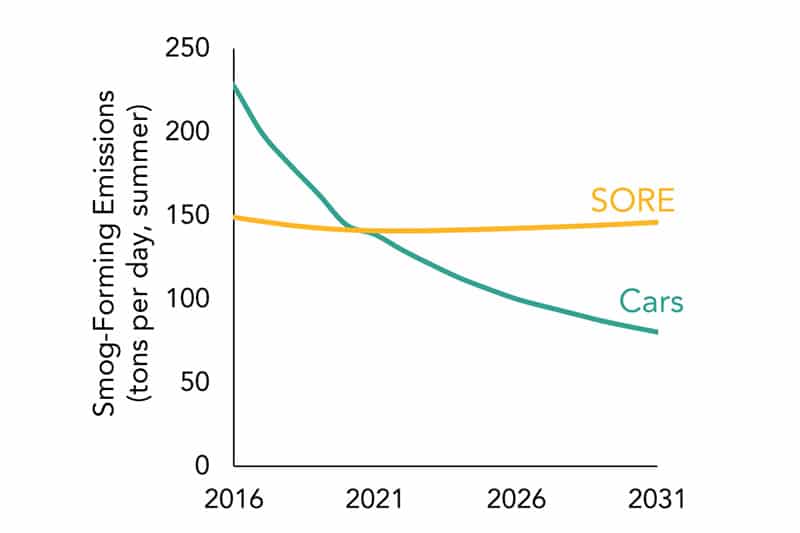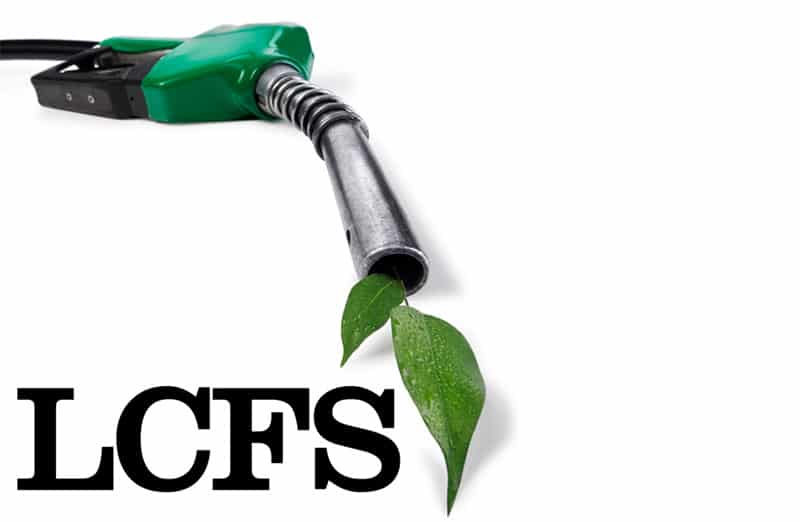- AVL Advances Development of Hydrogen Internal Combustion Engine for CO2 Neutral Transportation
- Hydrogen power on the horizon for farm machinery
- Biden plans to replace government fleet with electric vehicles
AVL Advances Development of Hydrogen Internal Combustion Engine for CO2 Neutral Transportation
AVL has continued with the development of a hydrogen combustion engine of the latest generation. The engine is specifically tailored for use in heavy-duty vehicles, and it aims to reduce the mass of greenhouse gas emissions from heavy-duty vehicles exceeding 3.5 tons. This will significantly reduce the CO2 emissions attributable to these types of transport vehicles in the coming decades.
Building on its profound knowledge and many years of research experience in this field, AVL is currently developing a hydrogen internal combustion engine, advancing the pan-European goal of becoming the world’s first climate-neutral continent by 2050. The development project’s target is to increase both the efficiency potential of multi-port and a direct injected hydrogen engine concept for direct propulsion of a commercial vehicle with an existing standard powertrain. AVL used a 12.8 l natural gas engine for the basis of development and set its performance target at 350kW. With its development of a hydrogen engine, AVL aims at reducing CO2 emissions and also ensuring high-reliability of the piston-bore interface.
Hydrogen power on the horizon for farm machinery
As the industry faces pressure to meet net zero emission by 2040, innovator Jo Bamford discusses the possibilities of alternative fuels in agriculture.
Battery powered electric vehicles are widely expected to oust their diesel and petrol counterparts within a decade or two but they have limitations.
Jo Bamford, executive chairman of Oxford-based Reese Hydrogen, reckons that once gross vehicle weight exceeds 10 tonnes, conventional battery power is no longer a practical proposition.
This is even more the case with large agricultural machines such as tractors, forage harvesters and combines which typically work at full power for many hours at a time. The weight of battery required and the need for frequent recharging would rule out using this technology in such applications.
Biden plans to replace government fleet with electric vehicles
President Joe Biden plans to replace the government’s fleet of cars and trucks with electric vehicles assembled in the U.S., he said Monday when signing a new “Buy America” executive order.
The government is a major purchaser of vehicles. However, replacing such a fleet with American-produced EVs will be costly and take time. There are currently only a handful of all-electric vehicles being assembled in the U.S. Tesla, General Motors and Nissan Motor produce EVs domestically, while Ford Motor and others have announced plans to do so.
“The current offerings are pretty slim, but the industry’s about to unleash an avalanche of new product, and a lot of it built in North America,” Kristin Dziczek, vice president of industry, labor and economics at the Center for Automotive Research, told CNBC. “Just about every U.S. plant is going to have a hybrid or electric product.”


